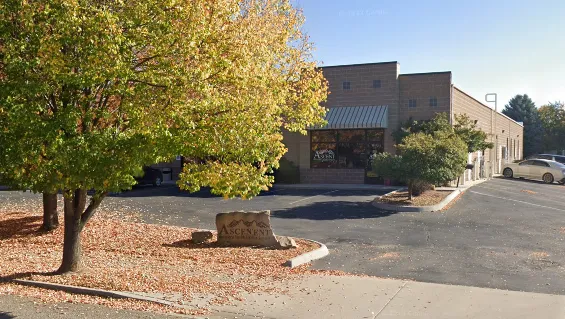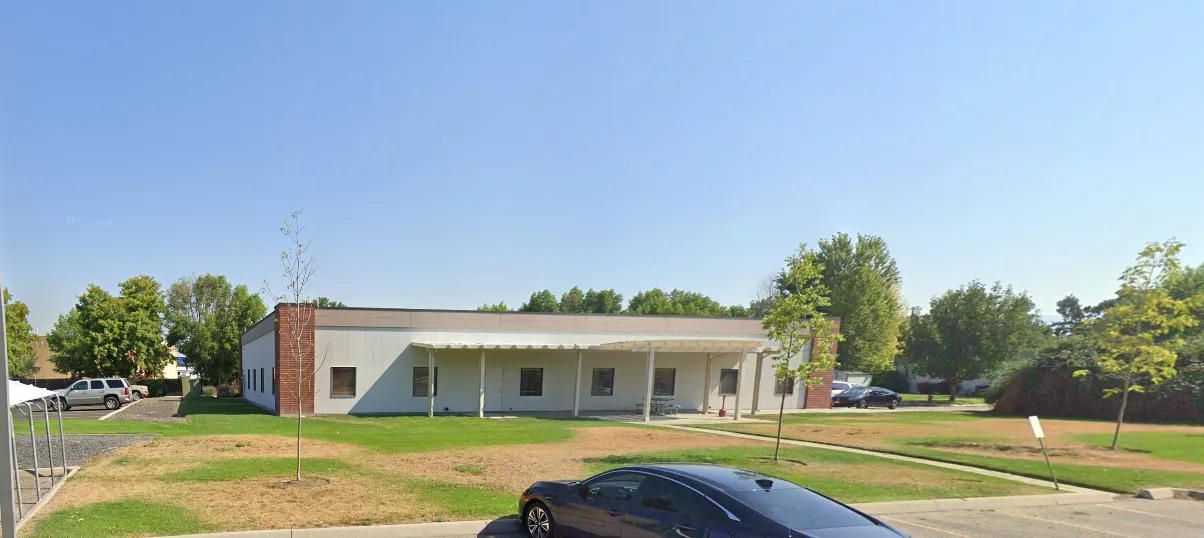Ascent Behavioral Health Services Information
Treatment
Who We Treat
- Male and Female
Treatment Focus
- Medication-Assisted Treatment
Approaches
- 12-Step-Based
- Individual Treatment
- Medical
- Family Involvement
- Twelve Step
- Family Therapy
- Group Therapy
- Cognitive Behavioral Therapy (CBT)
- 1-on-1 Counseling
- Relapse Prevention Counseling
Conditions We Treat
- Depression
- Anxiety
- Bipolar Disorder
- Trauma
- Bipolar
- Co-Occurring Disorders
Substances We Treat
- Alcohol
Languages
- English
Aftercare
- Intensive Outpatient Program
- Drug Screening
Level of Care
- Outpatient
- Intensive Outpatient Program (IOP)
- Virtual & In-Home Care
- Co-Occurring Mental Health
Experience
Special Considerations
- Wheelchair Accessible
Smoking and Vaping Policy
- Smoking Allowed in Designated Areas
- Vaping Allowed in Designated Areas
Accreditations
-
SAMHSA certification for opioid treatment program (OTP)
SAMHSA's Opioid Treatment Programs (OTP) Accreditation is a rigorous recognition process, signaling an OTP's commitment to high-quality care for those with opioid use disorders. It assures patients, families, and the community that the program adheres to evidence-based practices, maintains a safe environment, and employs qualified staff. This accreditation represents a commitment to addressing the opioid epidemic and promoting recovery, symbolizing quality and accountability in opioid addiction treatment.
-
State department of health
Government agencies issue State Licenses, granting permission to rehabilitation organizations to conduct their business operations lawfully within specific geographic regions. Generally, the particular rehabilitation programs offered by a facility and its physical location dictate the necessary licenses needed for legal operation.

Additional Locations
Ascent Behavioral Health Services Accepts The Following Insurance Plans
Find the best treatment options. Call our free and confidential helpline today!








